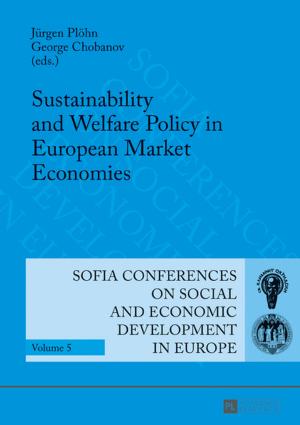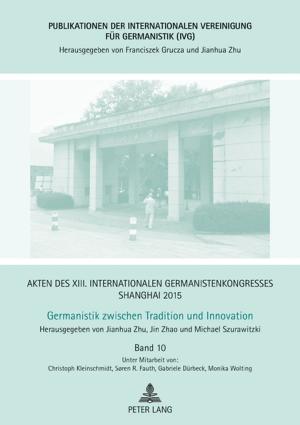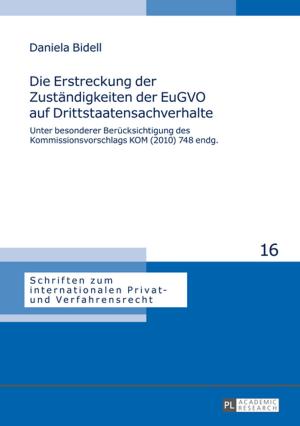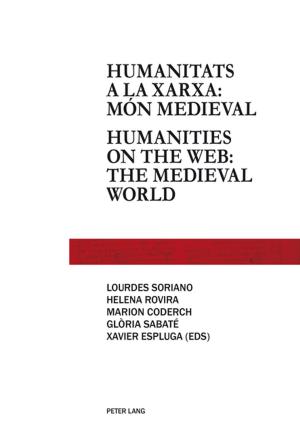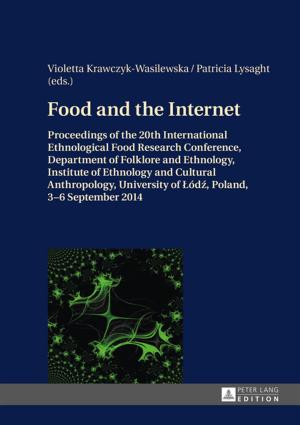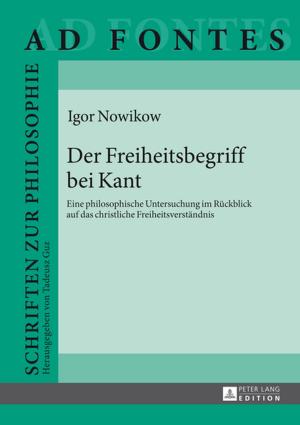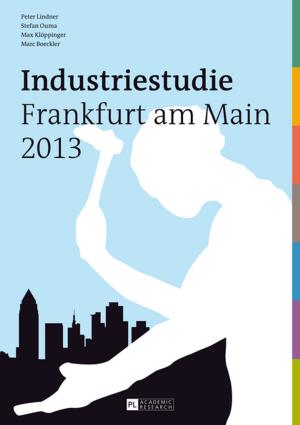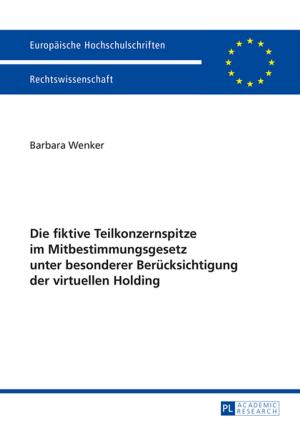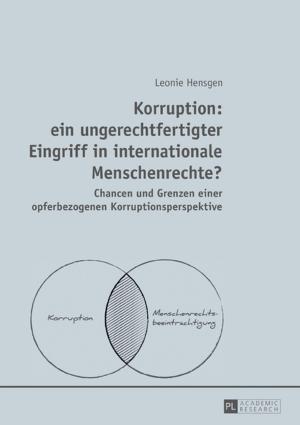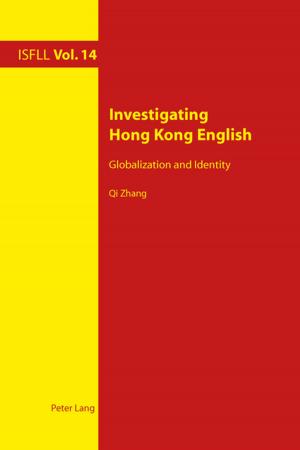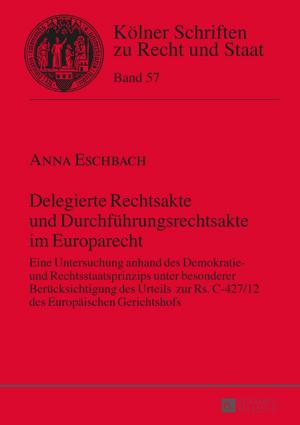Rodrigo de Valdés: Poema heroyco hispano-latino panegyrico de la fundación, y grandezas de la muy noble, y leal ciudad de Lima
Annotated, Edited, and with a Critical Study
Fiction & Literature, Literary Theory & Criticism, Poetry History & Criticism, Poetry| Author: | Rodrigo de Valdés | ISBN: | 9781433138348 |
| Publisher: | Peter Lang | Publication: | February 22, 2017 |
| Imprint: | Peter Lang Inc., International Academic Publishers | Language: | English |
| Author: | Rodrigo de Valdés |
| ISBN: | 9781433138348 |
| Publisher: | Peter Lang |
| Publication: | February 22, 2017 |
| Imprint: | Peter Lang Inc., International Academic Publishers |
| Language: | English |
Poema heroyco hispano-latino (1687), a national chronicle or “epic poem,” commemorates the founding and greatness of Lima, Peru. Its unique rhymed quatrains can be read in either Latin or Spanish with equal meaning, and its insightful marginal notes interpret the city’s cultural history. Rodrigo de Valdés (1609–1682) underscores the decadence of peninsular Spanish letters in contrast to the compositions of New World writers. The poem is a tribute to the superiority, versatility, and interchangeability of Spanish and Latin as instruments of power that led to Spain’s world dominance, and to Lima as the locus of marvels and a quasi biblical garden of delights.
Lima has occupied without exception a privileged space within the colonial situation, as a metaphorical sovereign of new-world experiences and potentialities. Influenced by the spirit of Baroque sensibilities and Creole pride in his patria, Valdés bequeathed to Lima a staged panegyric that served as King Charles II’s introduction to the bounty of his American colony. Valdés, acting as commentator, guides the reader through a journey that spans centuries of Peru’s illustrious history. Working within the classical tradition of laus urbis or the praise of cities, Valdés depicts America as a paradise found with Lima at its center.
In tracing the poem’s relationship to the genre of classical panegyrics, Neal A. Messer and Jerry M. Williams argue its literary merits and elucidate how it enriches the colonial family of Latin American texts. Republished for the first time, this critical edition introduces Valdés to students and scholars of Ibero-American letters.
Poema heroyco hispano-latino (1687), a national chronicle or “epic poem,” commemorates the founding and greatness of Lima, Peru. Its unique rhymed quatrains can be read in either Latin or Spanish with equal meaning, and its insightful marginal notes interpret the city’s cultural history. Rodrigo de Valdés (1609–1682) underscores the decadence of peninsular Spanish letters in contrast to the compositions of New World writers. The poem is a tribute to the superiority, versatility, and interchangeability of Spanish and Latin as instruments of power that led to Spain’s world dominance, and to Lima as the locus of marvels and a quasi biblical garden of delights.
Lima has occupied without exception a privileged space within the colonial situation, as a metaphorical sovereign of new-world experiences and potentialities. Influenced by the spirit of Baroque sensibilities and Creole pride in his patria, Valdés bequeathed to Lima a staged panegyric that served as King Charles II’s introduction to the bounty of his American colony. Valdés, acting as commentator, guides the reader through a journey that spans centuries of Peru’s illustrious history. Working within the classical tradition of laus urbis or the praise of cities, Valdés depicts America as a paradise found with Lima at its center.
In tracing the poem’s relationship to the genre of classical panegyrics, Neal A. Messer and Jerry M. Williams argue its literary merits and elucidate how it enriches the colonial family of Latin American texts. Republished for the first time, this critical edition introduces Valdés to students and scholars of Ibero-American letters.

